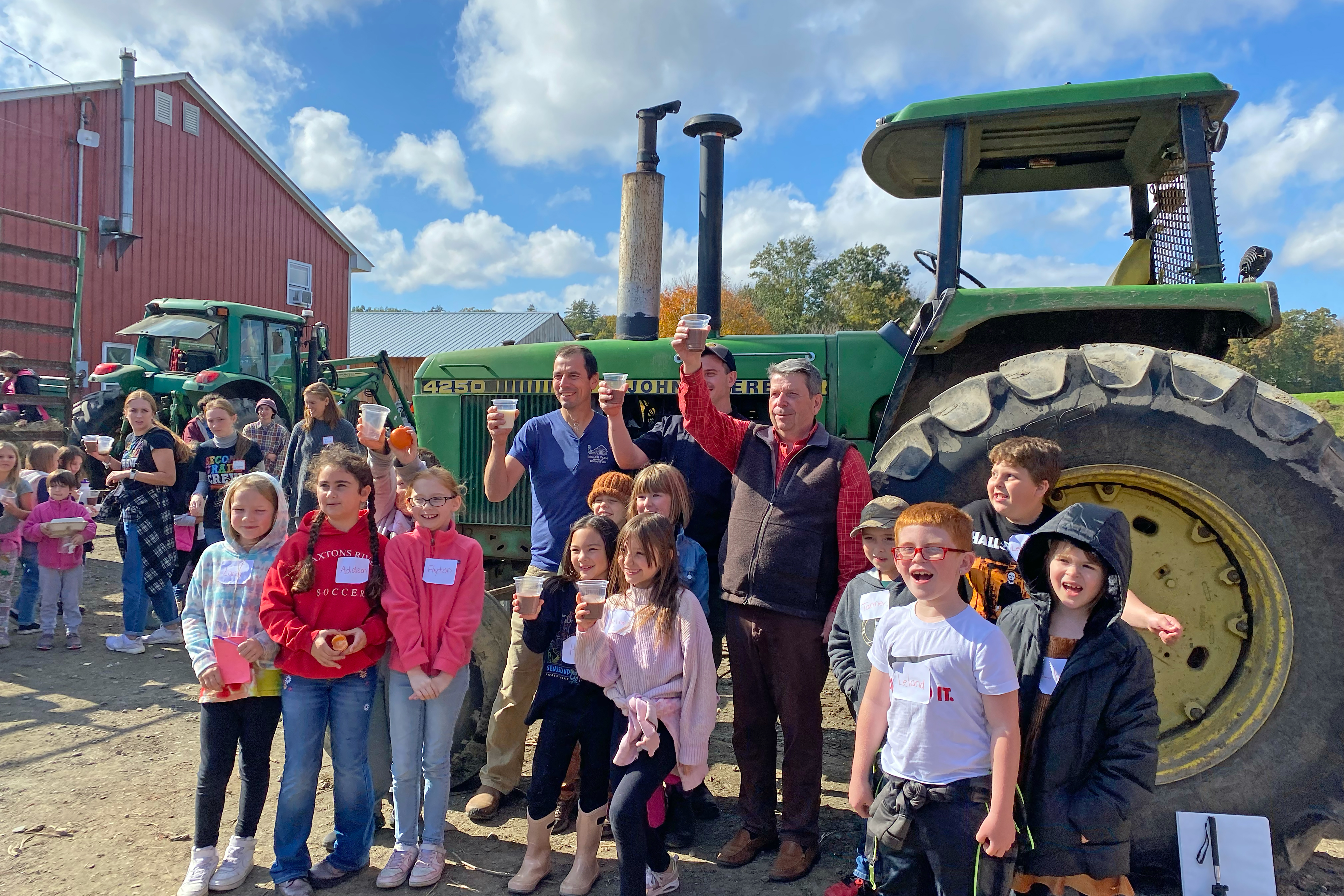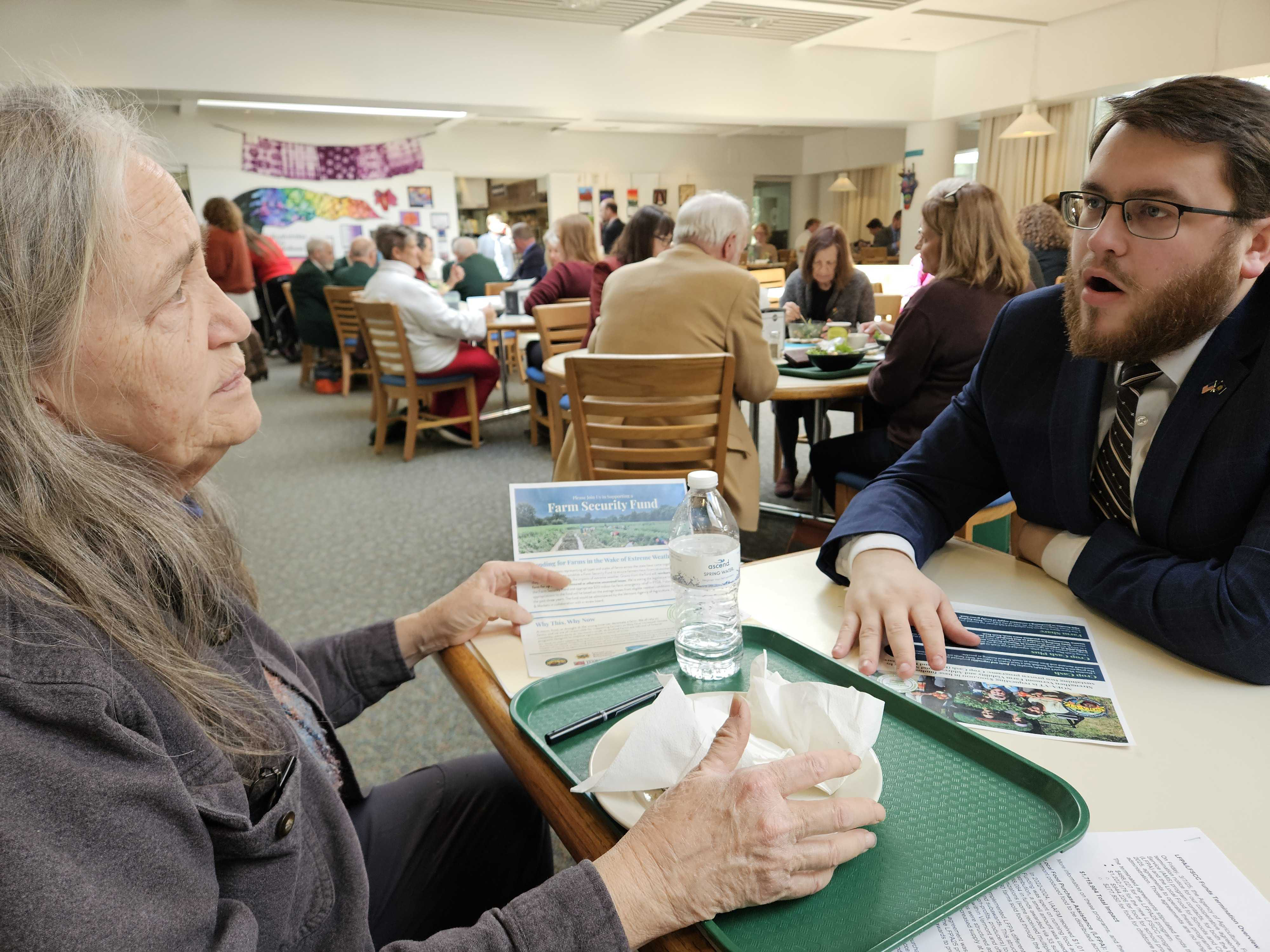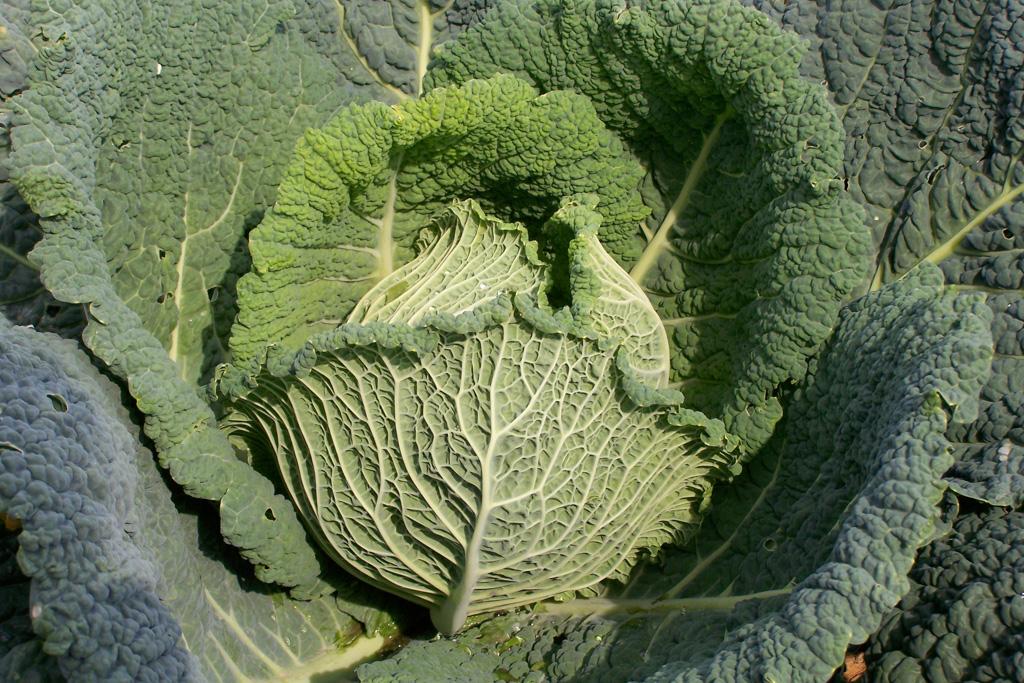June 9, 2025
It’s been a remarkable legislative session, and we’re proud of what we’ve accomplished together. The continued turbulence at the federal level has undermined states’ ability to plan and budget, including ours. But even in the midst of that turbulence, we introduced ground-breaking legislation with great momentum and secured two important funding requests for state investment in food security programming.
NOFA-VT is a proud member of the Vermont Food Security Roadmap Coalition, working toward true food security for all people in Vermont by 2035. This legislative session, we worked hard to advance this goal by requesting $500,000 in base funding for our local food access programs – Crop Cash, Crop Cash Plus, and Farm Share. Despite a rapidly shifting policy landscape, we successfully secured $450,000 for these programs—a 50% increase over last year. This additional investment will allow us to support Crop Cash and Farm Share at their increased levels of demand, as well as bring back Crop Cash Plus, which expands access for EBT shoppers to dairy, grains, meats, and all other SNAP-eligible foods at participating farmers markets. These three programs together support low-income Vermonters in accessing a full diet, invest in more diverse producers, and attract even more eaters to buy directly from our local farms. This one-time state funding will set a strong precedent for our continued request for base funding.
Another food security measure taken up by the legislature this session was in response to an urgent and unexpected challenge. In March, the USDA abruptly cancelled the agreement they had with Vermont’s Agency of Agriculture, Food, and Markets for $1.2 million in Local Food for Schools and Child Care contracts with Vermont farmers. Thanks to swift advocacy by the Vermont Farm to School and Early Childhood Network, support from Vermonters, and legislative leadership, the state has stepped in with a $500,000 appropriation for Farm to School. We are deeply grateful that Vermont is honoring its commitment to students who deserve fresh, local food and to the farmers who had already planned to provide it.

These investments in local food security affirm that, even in turbulent times, Vermonters remain committed to feeding and supporting one another. Vermont’s food security is rooted in the strength of our farms, especially as we face growing economic and global food system instability. When climate change and extreme weather disrupt our farms, it’s up to all of us to ensure that our farmers can continue to feed us all.
We are also proud to have launched the campaign to establish a state-funded Farm Security Fund (S.60) this year. In partnership with a broad coalition of farmer organizations and with farmers leading the way, we crafted legislation to support farms and working lands businesses impacted by climate-related losses.
We made powerful progress with S.60, which passed unanimously out of the Senate Committee on Agriculture and the full Senate with a few key amendments: expanding eligibility to include forestry operations (aligned with the House version of the bill, H.229), setting a $150,000 cap to the maximum award, and linking that cap to 5% of the total funds appropriated. S.60 was then sent to the House Committee on Agriculture, Food Resiliency, and Forestry, where it also passed with unanimous support, with one minor amendment.
The Farm and Forestry Operations Security Fund, as it is now known, made it to the House Appropriations Committee, yet with the end of the legislative session, this is where the bill is paused until the legislature reconvenes next year. Advancing so far with this ground-breaking policy in its first year is encouraging, and we’re energized to continue pushing together for its passage in the year ahead. The appropriation, however, is where much work remains. Despite the bill’s strong, bipartisan support, the associated funding request was steadily reduced from our original $20 million proposal to $7.5 million, then $5 million, and finally just $1 million. To truly invest in the resilience of Vermont farmers and our food security, adequate funding is essential. We're optimistic about the opportunity to keep building momentum to secure the resources this fund and our farmers deserve.
We’re deeply grateful and inspired by the way NOFA-VT members organized and came together to drive systemic change. Our members are the engine behind this work.
Margaret Loftus is a member of NOFA-VT’s Policy and Organizing Committee–the dedicated committee of NOFA-VT members who helped initiate the work to create a Farm Security Fund. Margaret co-owns Crossmolina Farm in Corinth, VT. At the farm’s year-round farm store this February, Margaret hosted a Farm Security Fund workshop to engage her local community, gather input on the legislation, and encourage action. She has remained deeply involved throughout, keeping neighbors informed and motivated to support the bill. Margaret was moved to get involved, in part, by the devastating floods last July:
"I woke up and realized that Joe’s Brook Farm was flooded yet again. I was overwhelmed, wondering how they found the strength to get up and go back to farming after that. How can we keep asking that of farmers? No one’s work should be that heartbreaking."
For Margaret, being part of this effort has been both impactful and personally grounding. She shared, "Being on the [Policy & Organizing] committee is a way to connect with and influence state-level decisions that affect our communities and our farms. In the crazy federal political climate we live in, this feels both important and—honestly—really therapeutic for me."
Longtime NOFA-VT member Maria Reade also began organizing in her Bennington County community even before the legislative session began. She hosted a Farm Security Fund Workshop at a local library, bringing together dozens of farmers to learn more, build connections, and organize for collective action. "In today's tumultuous world, it's so refreshing to be part of a larger group like NOFA-VT that steps up to tackle meaningful work," Maria says. Thanks to the efforts of Maria and local farmers, more than 120 people across Bennington County alone have become supporters of the Farm Security Fund.
NOFA-VT members also led by sharing their stories throughout the session, offering testimony on the importance of Crop Cash Plus to their businesses and communities, meeting with legislators to discuss their on-farm climate mitigation practices, and describing firsthand the devastating impacts of flooding and frost on their farms and communities.

Peggy Newfield of Newfield Herb Farm in Craftsbury Common met with her legislators over lunch, sharing how she and her neighbors actively work to mitigate flooding. Peggy spoke to the broader importance of food security in her community. “I really valued meeting with Senator Douglass and Representative Harper… They listened carefully as I talked about strengthening our communities and knowledge base to survive the difficulties of climate and economic stress.”
Christine Bourque of Blue Heron Farm in Grand Isle also delivered powerful testimony as a vendor at the Champlain Islands Farmers’ Market, describing the deep impact of Crop Cash on her farm and her values: “Our farm is founded in social justice—so all can eat—because everyone needs to eat… Children hand me their wooden tokens for a cucumber or a pint of cherry tomatoes. Their moms hand me Crop Cash for the bags of potatoes they can now afford with the extra help… 3SquaresVT, Crop Cash, and Crop Cash Plus support the whole Vermont community—the eater and the farmer—it is a double investment, a double win.”
Stories like Peggy’s, Christine’s, and those of many other NOFA-VT members and allies were instrumental in building momentum and driving systemic change that will make a real difference for Vermont farmers and eaters alike.
As we look ahead to another year, we are grounded in purpose and resolve, and grateful that we can link arms together. “One of NOFA-VT's perennial strengths is our commitment to grassroots collective action,” Maria says. “Together, we set the stage, hone in on the issues, and raise the questions that catalyze the rest of us to get involved and generate approaches that work in our communities. ‘We the people’ are part of the solution, standing shoulder to shoulder - listening, guiding, supporting, and inspiring each other…Smaller groups of determined folks truly can make a difference, starting at the grassroots level.”

